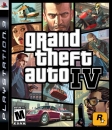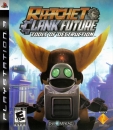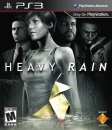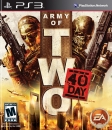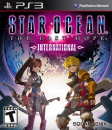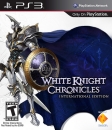
So EA has its own indie bundle now. Yes, I’m aware that hardly makes any sense. At the very least, each game is part of the EA Partners program, which means the devs do, in fact, own their IPs – not EA. That said, it’s all a bit silly, right? Especially in the past year or so, EA’s once again become synonymous with gaming’s fe-fi-fo-fumming, goose-that-lays-golden-eggs-milkingcorporate side. It is, to be frank, the near-comically polar opposite of the indie “scene.” Clearly, though, EA’s trying to evoke a certain reaction by co-opting that word. But that, in itself, strikes me as problematic, because gaming’s least gentle giant is right: “indie” has a connotation now, and it’s very much coloring the expectations of gamers and indie developers alike. To be a developer of independent games and to be “indie” are now two entirely different things.
Indie is cool. Indie is hip. Indie is smart, chic, and sexy. Indie isn’t pretty, but it gets the job done. Indie is down-to-earth, the work of tireless blue collar DIY craftsmanship. Indie is pretentious, a haven for over-inflated egos and introspection with all the depth of a sun-dried puddle. Indie is big on head-in-the-clouds dreaming, but it crashes and burns in terms of execution. Indie is mechanically sublime – not a wasted input or animation. Indie is the future. Indie is stuck in the past.
You probably noticed that most of the sentences in that paragraph were completely at odds with each other, and there’s a good reason for that: independent development’s swollen into a massive tidal wave of a movement, but its moving parts are hardly in sync. Independent developers of all shapes and sizes craft an equally diverse range of games. For instance, Lone Survivor is a game about zombies from an independent developer. But so is Left 4 Dead.
Oh, and here’s a fun one: Minecraft. It started off as a one-man show, a blocky, retro-chic “indie” poster child. Now, though, Mojang’s made up of nearly 30 people, and Notch hasn’t touched Minecraft in months. And then there are newly Kickstarter-empowered developers like Double Fine and inXile, who plan to bring triple-A polish and development procedures to projects on which they – and no one else – cracks the whip, for once.
There are, obviously, countless other examples I could provide here, but the point remains the same: the word “indie” has become effectively meaningless.
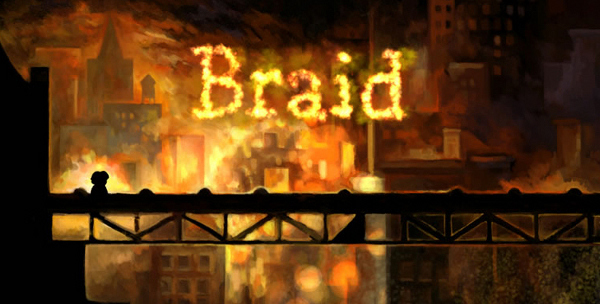
In essence, it’s a relic. Perhaps it held meaning once, but now it’s a rusty reminder of bygone times. Problem is, unlike most ancient objects, it’s far from six feet under. So basically, it’s the cursed reanimated mummy of the gaming world, poisoning expectations with its festering touch and probably going on to eventually get a spin-off starring Dwayne “The Rock” Johnson. We use it constantly, and it’s created a plethora of negative, oftentimes limiting connotations.
Foremost, there are the cries of pretension. If you’re an indie developer, you must cry ones and zeroes and bleed chunky red pixels. Every action performed in your game – whether it’s reading bits of cryptic dialog or punching a man until a fully cooked chicken pops out – has to be some form of symbolism. You’ve got to be the next Braid, basically – even if you really, really don’t want to be. That goes double if you’re any sort of platformer. And, as a result, a handful of gamers will write off your game simply on the basis of “Pfft, I liked it better when it was called ‘Braid.’ What pretentious garbage” – all the while drowning out any protests to the contrary.
But it works both ways. I can’t tell you how many emails I’ve gotten about “indie” platformers with time-bending elements or similar puzzle elements, more or less with the implication that “you guys like this stuff, right? Right?!” Same goes for retro-inspired pixel art, minimalistic (and, as a result, oftentimes clumsily told) stories, and of course, indie-scene-related in-jokes. Don’t get me wrong: these things can be used to great effect in the right hands, but there’s an expanding train of me-toos, and it’s picking up far too much steam.
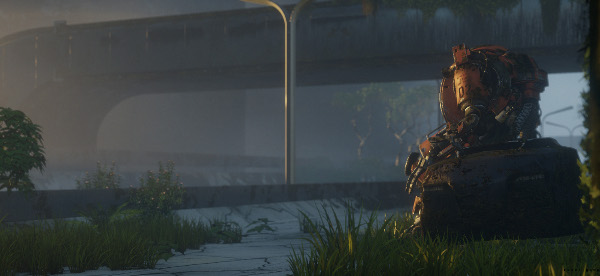
And yet, for every “indie” detractor, there’s an overzealous holier-than-thou indie ultra-purist. If it’s not indie, they suggest, it’s a “lower” form of entertainment. Did you enjoy yesterday’s Black Ops 2 trailer? Did you think it looked like big, loud, dumb fun? Do you dream of riding a robo-horse into the sunset and then blowing up the sun? Well then, you’re clearly a moron. You don’t “get” smart games, and works of real substance are lost on you. Go back to playing Madden and drinking beer from cans, you disgusting pig mongrel. It’s an amazing shame, too. With a small but vocal contingent of indie fans like that, is it any wonder so many potential players write the “scene” off as pretentious?
Ultimately, then, “indie” – once a term that stood for freedom of expression and unbridled experimental spirit – has now become a ponderous yolk. In many ways, it limits developers and players alike just as much as labels like “triple-A,” “first-person shooter,” and “Zynga employee.” And yet, all of those designations (yes, even the last one) hold an incredibly small amount of water. I mean, what’s Reset? Is it indie? Triple-A? It’s also first-person, but certainly not a shooter. And it uses the term “co-op,” even though it’s strictly single-player. So then, what could we possibly call it?
A game. That’s the answer. Or hell, we can just call it Reset. And if it ends up being an engaging, enjoyable experience, then I’ll say it’s succeeded, regardless of which expectations it does and doesn’t manage to live up to. So yeah, EA’s tossing around the term “indie,” but who really cares, so long as the games themselves are worth your time and money? Intention and execution speak volumes. Words like “indie,” meanwhile, are just that: words.
http://www.rockpapershotgun.com/2012/05/03/why-indie-has-become-a-bad-word/

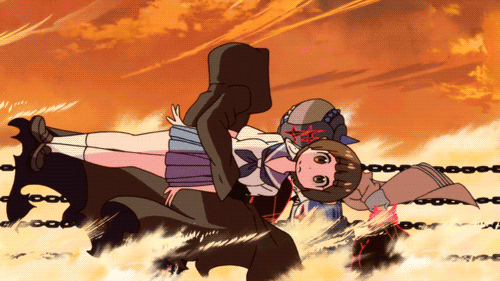 @TheVoxelman on twitter
@TheVoxelman on twitter








































